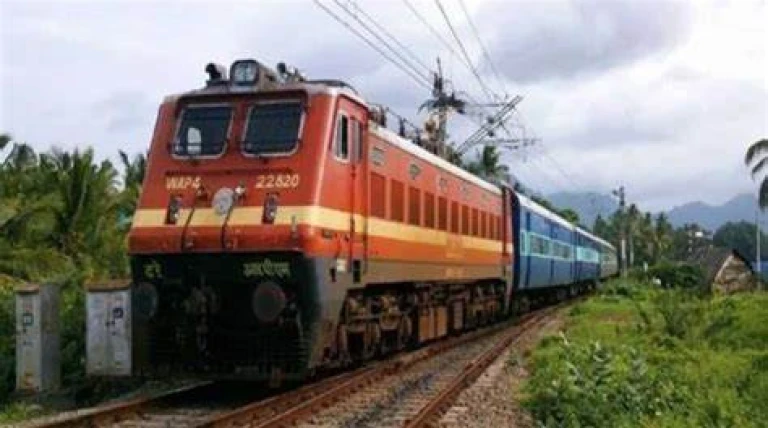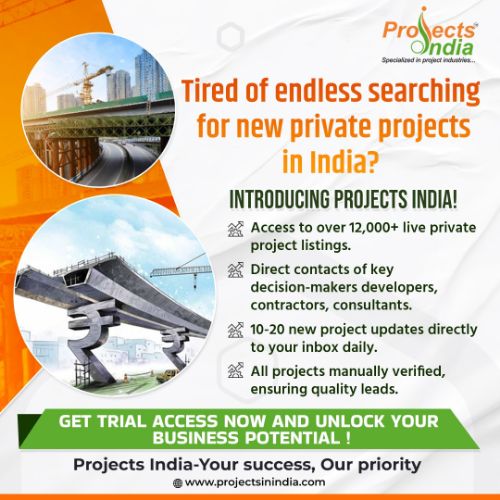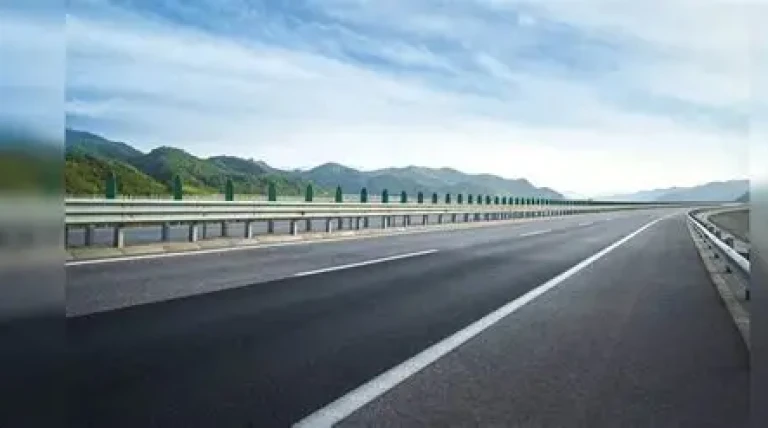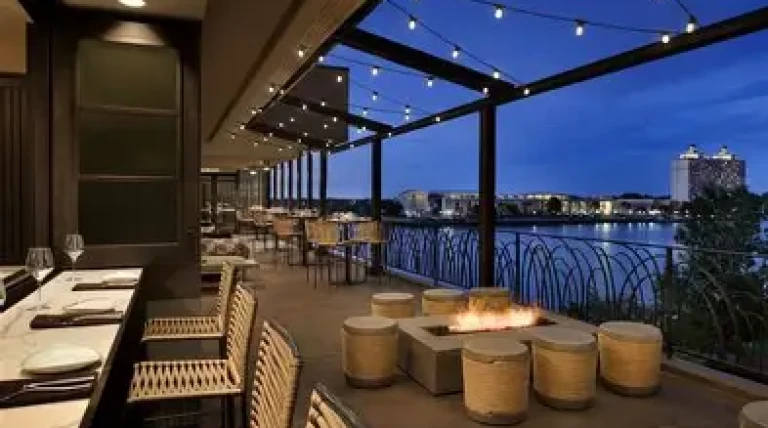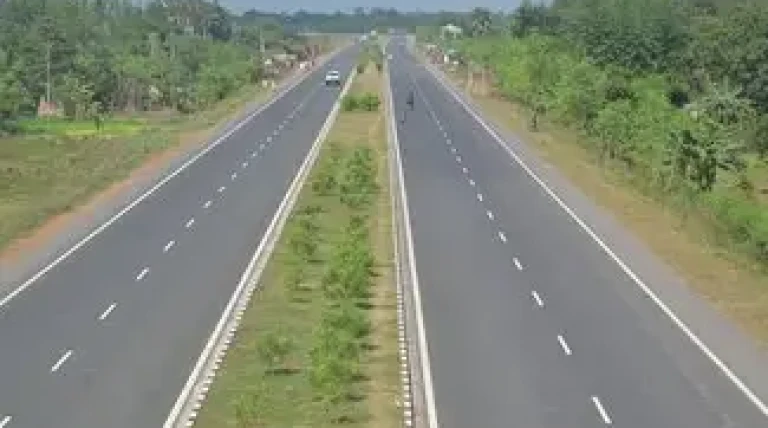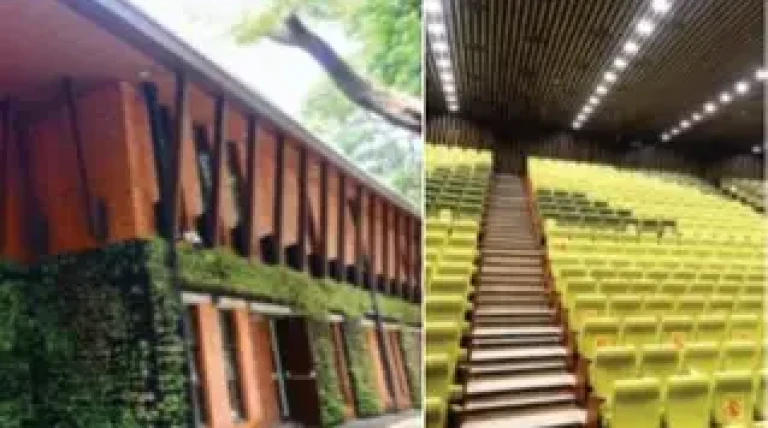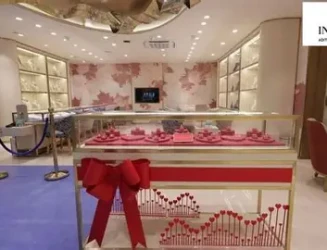In a significant development, Indian Railways has proposed a substantial investment of ₹11,00,000 crore across three upcoming economic corridors. These corridors, comprising the energy, mineral and cement corridor, the port connectivity corridor, and the high traffic density corridors, are poised to revolutionize freight and cargo movement in the country. The expansive plan encompasses 434 smaller projects, covering a distance of over 40,000 km and is anticipated to be completed within the next six to eight years.
Unveiling the Interim Budget 2024-2025, Finance Minister Nirmala Sitharaman underscored the strategic importance of these projects under the PM Gati Shakti, emphasizing their pivotal role in enhancing multi-modal connectivity, logistics efficiency, and cost reduction. The expected decongestion of high-traffic corridors is foreseen to positively impact passenger train operations, resulting in improved safety and higher travel speeds for commuters.
Railways Minister Ashwini Vaishnaw affirmed that the proposed economic corridors would not only augment freight movement but also alleviate congestion on existing routes and introduce new lines to enhance passenger services. The detailed project reports for these initiatives, including track expansion, line doubling, and capacity additions, are currently at various stages of preparation and approval.
Providing an update on dedicated freight corridors, Vaishnaw revealed that the Eastern Dedicated Freight Corridor is fully operational, while a substantial portion of the Western Dedicated Freight Corridor has been commissioned. The overall cost of the Dedicated Freight Corridor, covering both Western and Eastern routes, is estimated at ₹124,000 crore.
The Interim Budget documents outlined a total outlay of ₹255,000 crore for the fiscal year 2025, reflecting a 6% increase over the previous year. Minister Vaishnaw expressed confidence in achieving the full capital expenditure target for the fiscal year, with a goal of accommodating 1,000 crore passengers by 2030 and eliminating waitlisting numbers.
As part of the modernization agenda, Prime Minister Narendra Modi announced the conversion of 40,000 traditional rail bogies to Vande Bharat standards, enhancing safety, convenience, and comfort for passengers. The upgrade is expected to cost between ₹15,200 and ₹16,000 crore, with completion scheduled over a five-year period.
Underlining the importance of rail modernization, Prime Minister Modi emphasized the continuation of coach variants, including Vande Bharat, Vande Bharat sleeper coaches, and Amrit Bharat, operating on push-pull technology.
The Interim Budget also underscored the significance of urban transformation, promoting Metro Rail and NaMo Bharat (Regional Rapid Transit Systems) as catalysts for development. The recently inaugurated NaMo Bharat train, covering the completed 17-km stretch from Sahibabad to Duhai Depot in Uttar Pradesh, is part of the larger 82-km Delhi-Ghaziabad-Meerut corridor, scheduled to be fully functional by 2025.
News by Rahul Yelligetti
![{[setting('site_name')]}](https://projxnews.com/uploads/setting/16983847711140531930.webp)
